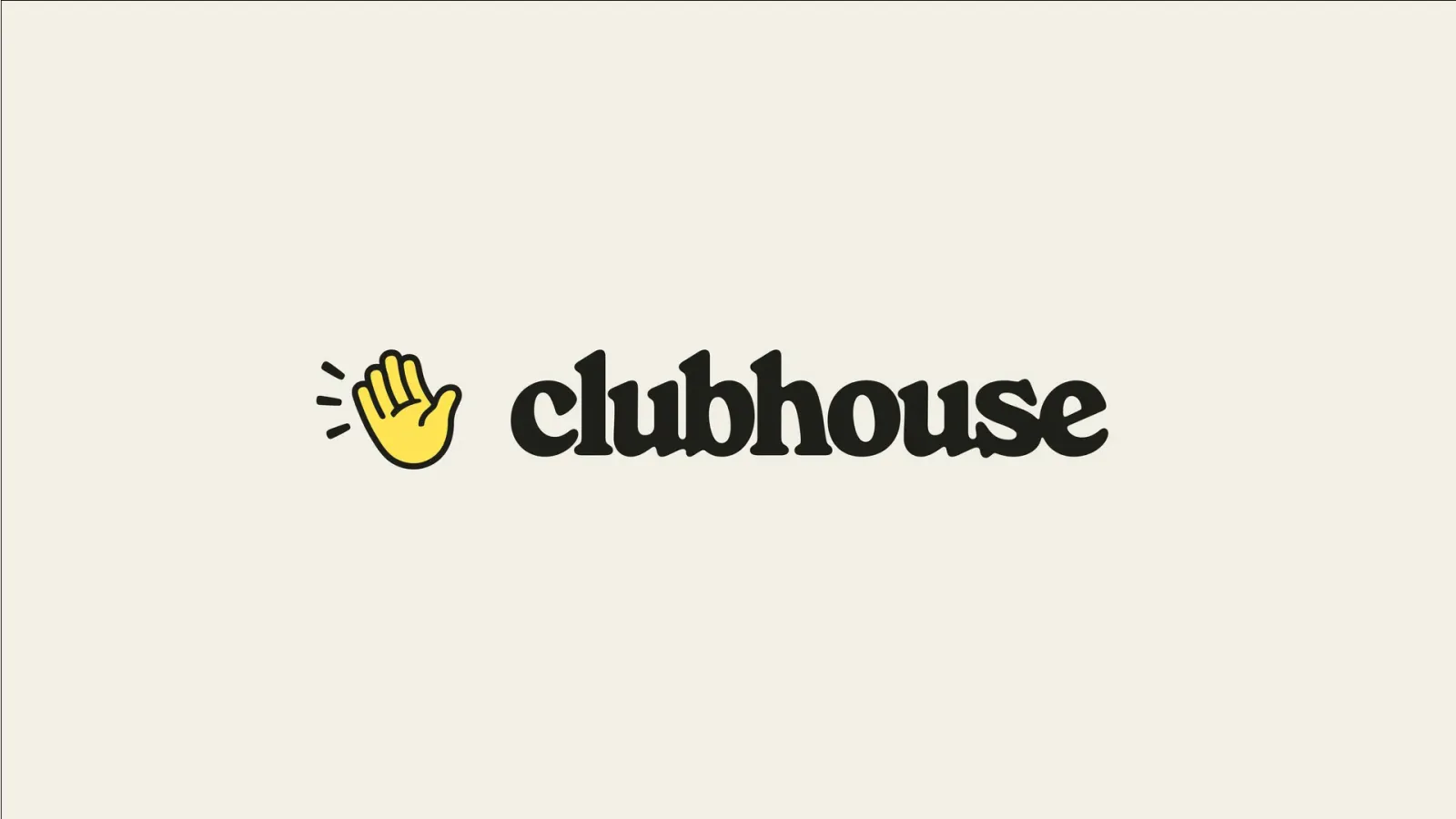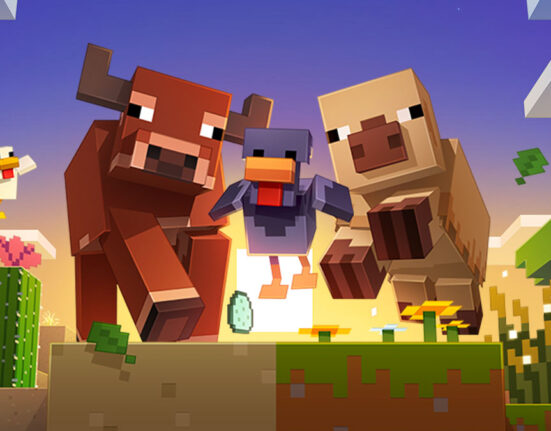Clubhouse, once a breakout hit during the early days of the COVID-19 pandemic, is undergoing a major transformation. Initially gaining traction for its live audio chatrooms that offered a unique way to connect with people during lockdowns, the app’s popularity skyrocketed in 2020. It quickly became a buzzworthy platform, inspiring copycat features on Twitter (now X), Reddit, and other social apps. However, just a few years later, Clubhouse has faded into relative obscurity. In an effort to reclaim relevance, the company is completely reimagining its app — this time around, with a fresh focus on group voice messaging.
Rather than trying to compete head-to-head with giants in the live audio space, Clubhouse is pivoting toward something more personal and asynchronous. The newly redesigned app is centered on a feature called Chats, where users can send short voice messages to individuals or groups, and receive audio replies in return. It’s like a group chat, but instead of typing, everyone speaks. You can also control how you listen to these messages — speed them up, skip through them, or save the ones that matter to you for future replay.
Although this redesign puts more emphasis on messaging than live broadcasts, Clubhouse hasn’t abandoned its roots entirely. Live audio rooms are still part of the experience and, according to the company, will continue to play a key role. However, the platform is shifting its values — moving away from mass appeal and public reach, and instead zeroing in on close-knit, meaningful conversations. Their new guiding principle? “Depth over reach.”
Talking Is Faster — and Supposedly Better
A major part of this overhaul is Clubhouse’s assertion that speaking is simply more efficient than typing. The app is positioning itself as a faster, more human alternative to group texting. According to Clubhouse, the nuances in someone’s voice — tone, inflection, emotion — can foster stronger connections than flat text messages ever could.
While that sounds promising in theory, the change may feel jarring to longtime users. The new direction means some familiar features are disappearing. For instance, text-based DMs are being phased out entirely. While users will still be able to view their old message threads in an archive, they won’t be able to send new ones. Instead, every interaction moving forward will happen through voice. Similarly, in-app communities known as Houses — private spaces where users could previously post written updates — will now pivot exclusively to voice-based interactions.
User profiles are also evolving. A new feature will let you see who your friends have been talking to, adding a more social layer to the voice message exchanges. The goal is to make it feel like you’re part of an ongoing, casual group conversation — even if the people in it aren’t talking live.
From Exclusive Club to Open Experiment
This dramatic pivot marks a stark contrast from Clubhouse’s early approach to social networking. When it first launched, the platform was accessible by invite only, cultivating an air of exclusivity that attracted celebrities, influencers, and thought leaders. It took over a year for the app to open up to the general public — and Android users had to wait even longer for access. That exclusivity helped fuel its early mystique, but it also created barriers to long-term adoption.
Fast forward to today, and Clubhouse is trying something entirely new — but it’s unclear whether this reinvention will resonate. The current digital landscape is saturated with messaging apps, from iMessage and WhatsApp to Telegram, Discord, and even good old-fashioned SMS. Plus, for many users, group chats are already a source of anxiety or annoyance. Whether replacing typed messages with audio clips will actually feel more intimate — or just more intrusive — remains to be seen.
A Bold Move in a Crowded Market
There’s no denying that Clubhouse’s latest shift is bold. Turning group messaging into a voice-first experience could potentially set it apart in a market full of text-centric apps. And by doubling down on a feature that feels more natural and emotionally expressive, Clubhouse is betting on a more human form of communication.
Still, the question remains: is this pivot too little, too late? With user attention fragmented across countless platforms and habits already formed around existing messaging tools, Clubhouse faces an uphill battle. But if the gamble pays off, it might just carve out a new niche — one where speaking up is finally easier than typing it out.






